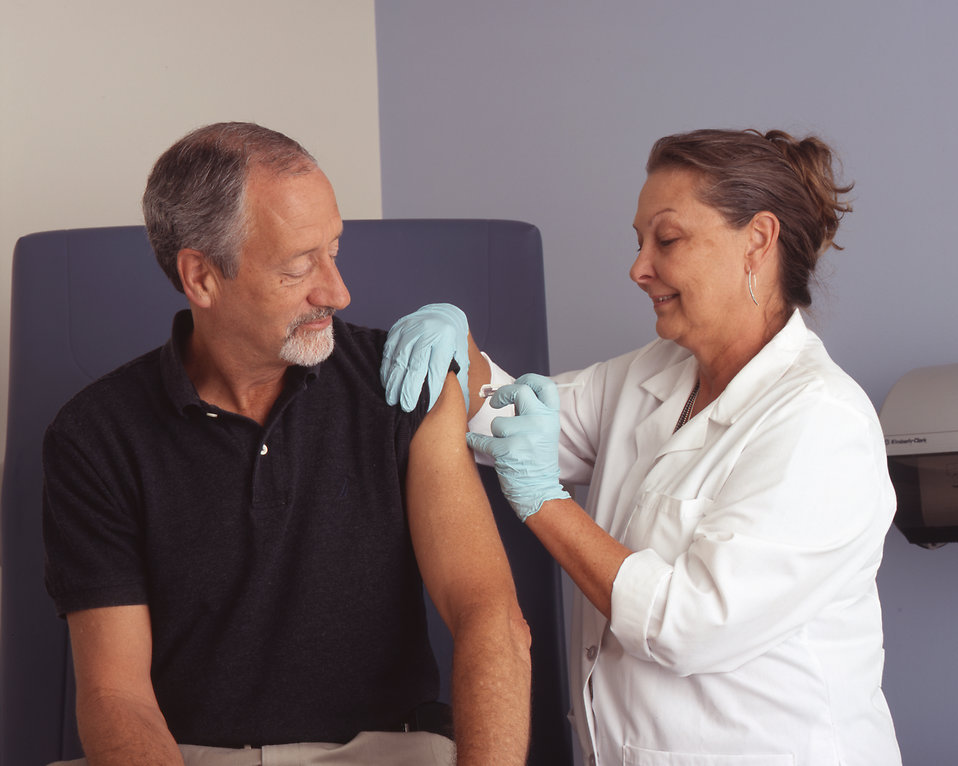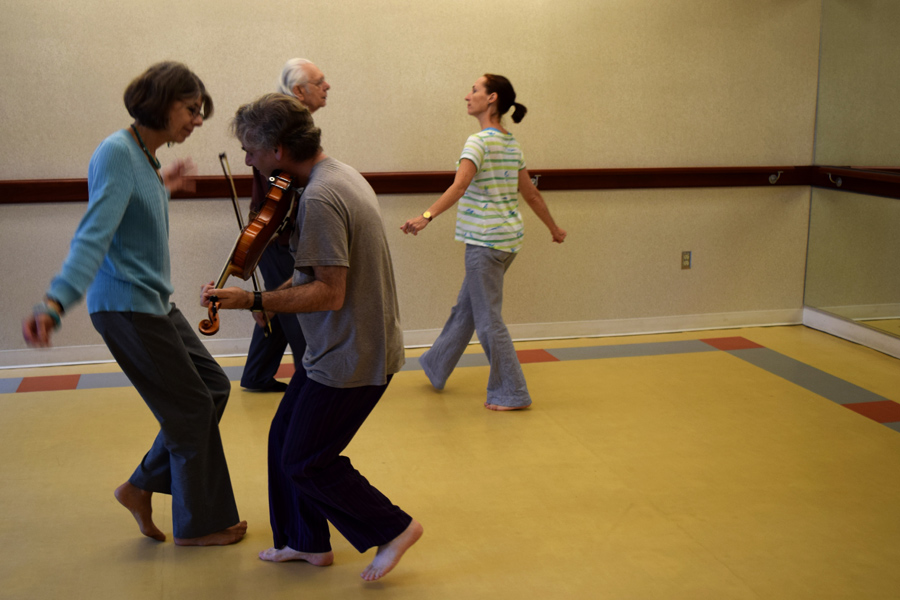2019 Flu Season Resources

Certain populations, including older adults, are at greater risk for catching the flu, and for developing complications from it. In fact, 70% to 90% of flu-related deaths occur among older adults age 65+. For older adults with dementia, their risks may be even higher.
One reason is because normal age-related changes to the body’s immune system makes older adults more vulnerable. Complications that arise include bronchitis, pneumonia, and heart attacks. Other groups at high risk of developing flu-related complications are people with heart disease, diabetes, cancer, and HIV.
What are the symptoms of the flu?
According to the Centers for Disease Control and Prevention (CDC), the symptoms of flu can include fever, cough, sore through, runny or stuffy nose, muscle or body aches, headaches, and fatigue. In general, the flu is worse than the common cold (symptoms tend to be more intense), and unlike a common cold, the flu is more likely to have associated complications.
What can you do to prevent complications?
Research shows that flu shots, or flu vaccinations, reduce infection rates by 40% to 60%. Among older adults (age 65 to 74), in one study, flu vaccinations lowered flu-related hospitalizations by 61%.
Flu shots work by helping the body’s immune system develop antibodies that fight the flu before it becomes serious. While the vaccine won’t cause someone to get the flu, it can cause temporary side effects, including fever and muscle pain, and note that it takes up to two weeks before the vaccine is effective once received. The federal CDC recommends that most adults and children receive an annual flu shot. Exceptions include those with egg allergies and certain medical diagnoses.
In addition to getting vaccinated, older adults and caregivers can reduce their risk of getting the flu by healthy eating, reducing contact with people who have the flu, and washing their hands regularly — especially before touching their own or someone else’s face. If possible, you should also stay home from work, school, and errands when you are sick.
Remember, Medicare and most health insurance policies cover the flu vaccine.
Where can I get the flu vaccine?
To search for a flu vaccine provider nationwide, visit the Health Map’s Vaccine Finder. Additionally, subsidized flu vaccines are available to uninsured or under-insured DC residents from various nonprofit providers. Find more information through the Department of Health.
Related Articles

The Stories of Dementia in the District

A Couple’s Vows Create Opportunities to Age Well

Can You Imagine Taking Three Buses to Get to Iona?


